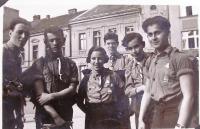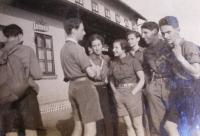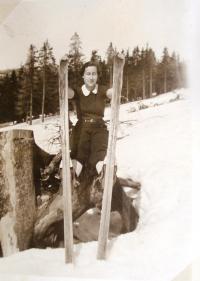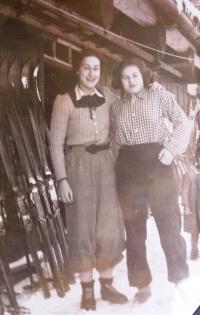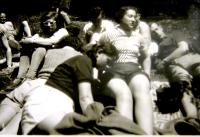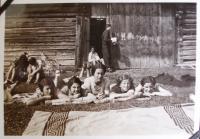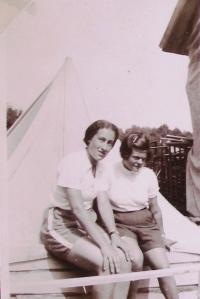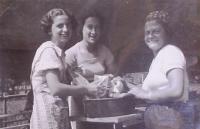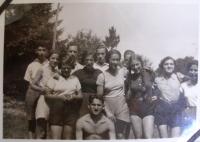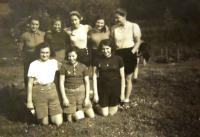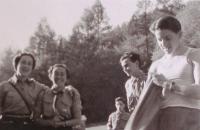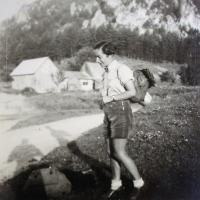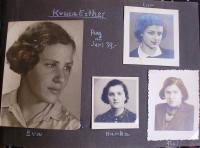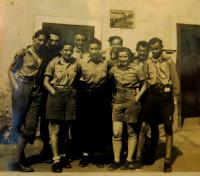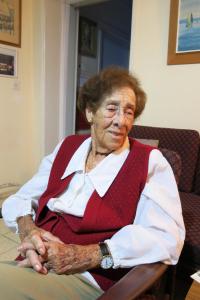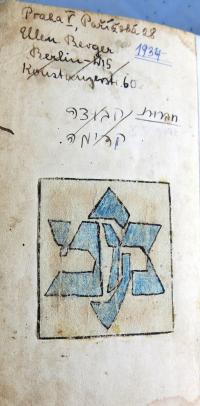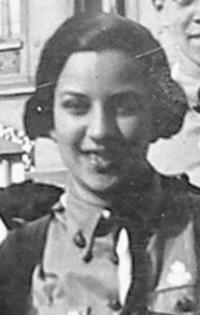We knew that a hard life in kibbutz awaited us
Ellen Glasner, née Berger, was born March 8, 1920 in Berlin in a Jewish family. She was a member of the Zionist movement since she was twelve years old. Her mother originally came from Prague, and Ellen moved there with her parents in 1936. She joined the Zionist organization Maccabi Hatzair in Prague; she was participating in the movement’s camps and she led a group of younger children. In 1939 she went to Palestine together with other members of the group. She went through a one-year agricultural course in Afula and then she settled in kibbutz Kfar Ruppin. Her parents perished during the war. Ellen married and with her husband, who came from Třebíč, they raised two sons. She worked in the kibbutz Kfar Ruppin as an administrative worker. Ellen Glasner lives in Kfar Ruppin.

